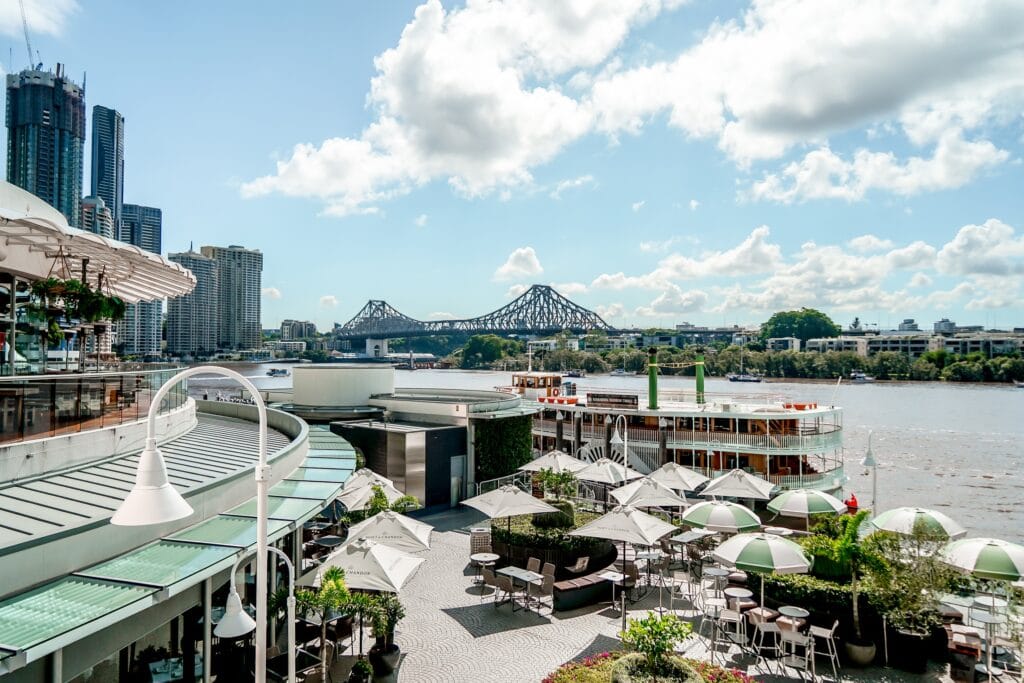The council’s finding was contained in its latest biannual Office Market Report (January 2025) into capital cities.
The council’s Queensland Executive Director, Jess Caire says Brisbane is facing a critical shortage of new offices in the medium to long term.
“… it is difficult to see that changing given strong tenant demand and the lack of new supply due to the cost and complexity of delivering a new office building,” she says.
Caire points to the 205 North Quay and 360 Queen St projects this year, and the Waterfront in 2028, as providing needed relief – with nothing after that.
“If new office buildings are not already in the planning process, it will be difficult for them to be delivered in time to service demand associated with the 2032 Olympic and Paralympic Games,” she says.
Caire says the shortage of new commercial projects highlights a need to act immediately.
“It has never been more difficult or taken longer to build large scale buildings, with it currently taking a bare minimum of four years to build a 50,000 sqm building, so it is imperative to start looking for ways to stimulate new office projects,” she says.
She is calling for a review of planning laws and a tax overhaul to “kickstart” private development.
RENEWAL
Knight Frank partner Jennelle Wilson believes the mood in Brisbane’s office market is positive.
She believes private sector leasing now reflects a trend toward renewals and delaying longer term re-location due to a perceived lack of options in the 2025-27 period.
“As a result, landlords benefitted greatly from rental reversions with gross effective prime market rents up by 14 per cent in the past year and 25 per cent over the past two years,” Wilson says.
She believes tenants are trying to provide a better work environment for staff while balancing cost pressures.
“Upgrading remains a central theme with premium CBD vacancy (7.3 per cent) and A grade CBD (8.3 per cent) remaining tight …,” she says.
“This trend is also in full effect across the fringe market with A grade vacancy falling below 10 per cent to 9.7 per cent for the first time in nine years.”






